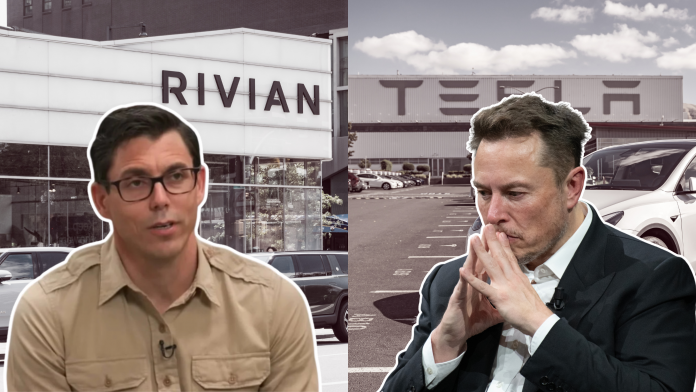After a four-year legal battle, EV makers Tesla and Rivian are reportedly on the brink of settling a lawsuit in which Tesla accused Rivian of stealing its battery technology by poaching employees.
The lawsuit, filed in 2020, claims that Rivian hired former Tesla employees and encouraged them to bring sensitive, proprietary information related to Tesla’s engineering and battery technology.
Tesla’s lawsuit initially lacked specifics about the trade secrets involved but later expanded to allege that Rivian had stolen core technology, particularly related to its next-generation batteries. It pointed to several former Tesla employees, including recruiters and a manager from Tesla’s charging networks, who allegedly took proprietary documents when they joined Rivian.
Attempts at an out-of-court settlement were unsuccessful, leading to a court case in 2023. Tesla has informed a California state judge that it expects to file for dismissal of the case by December 24, pending a conditional agreement with Rivian. While the settlement terms have not been disclosed, Tesla stated that the lawsuit could be dismissed once the terms are met.
Neither company has publicly commented on the details. The lawsuit centered on Tesla’s claim that Rivian specifically targeted employees to steal technology, including its advanced battery systems, potentially involving its 4680 battery cells or structural battery packs. Rivian is expected to use a different battery, the taller 4695 cells from LG Energy Solutions, for its next-generation vehicles.
Tesla has emphasized that while it has made some patents publicly available, it does not fully open-source its technology, requiring companies using its patents to refrain from suing over patent rights. The settlement terms may include provisions ensuring that Rivian has not misused proprietary technology.





